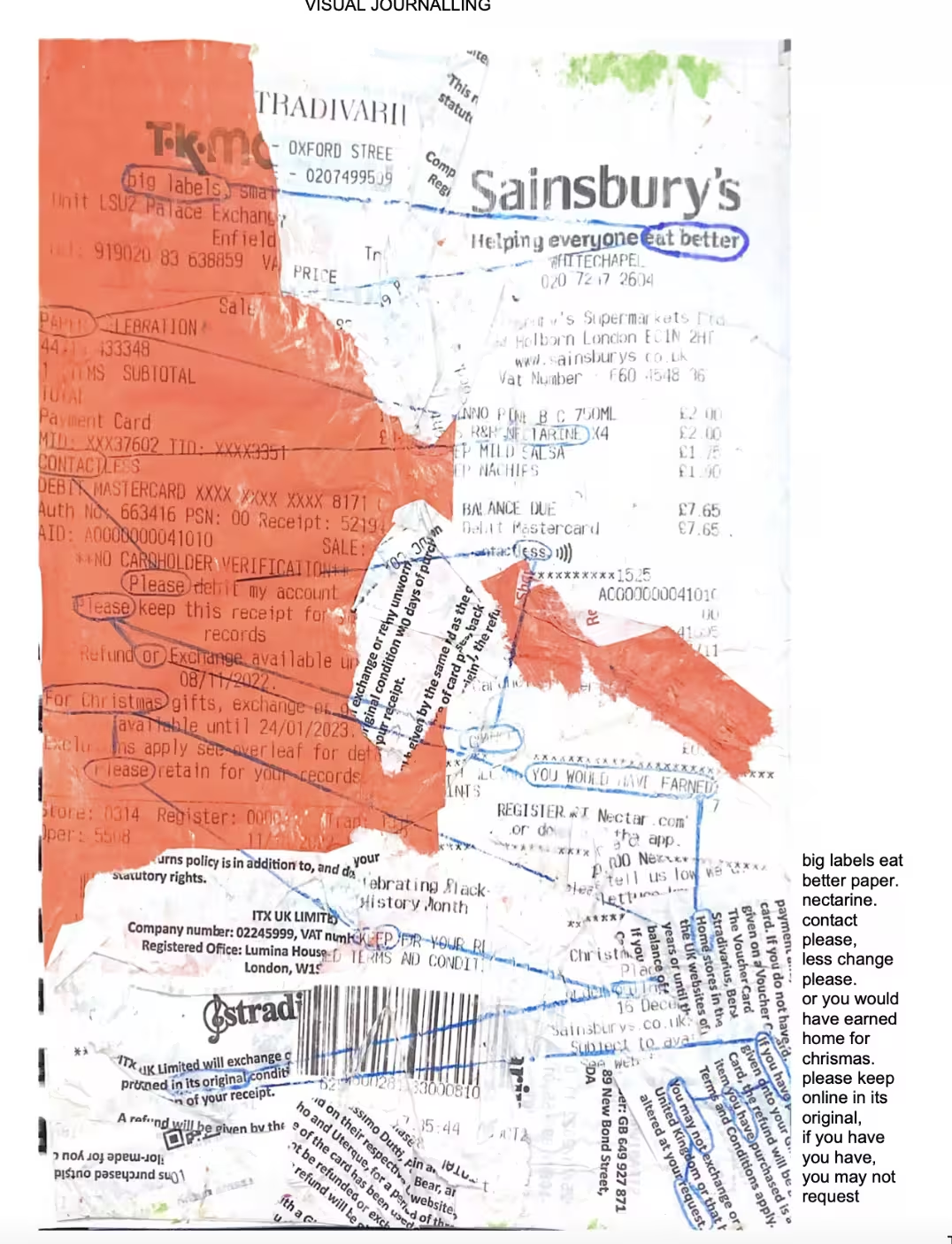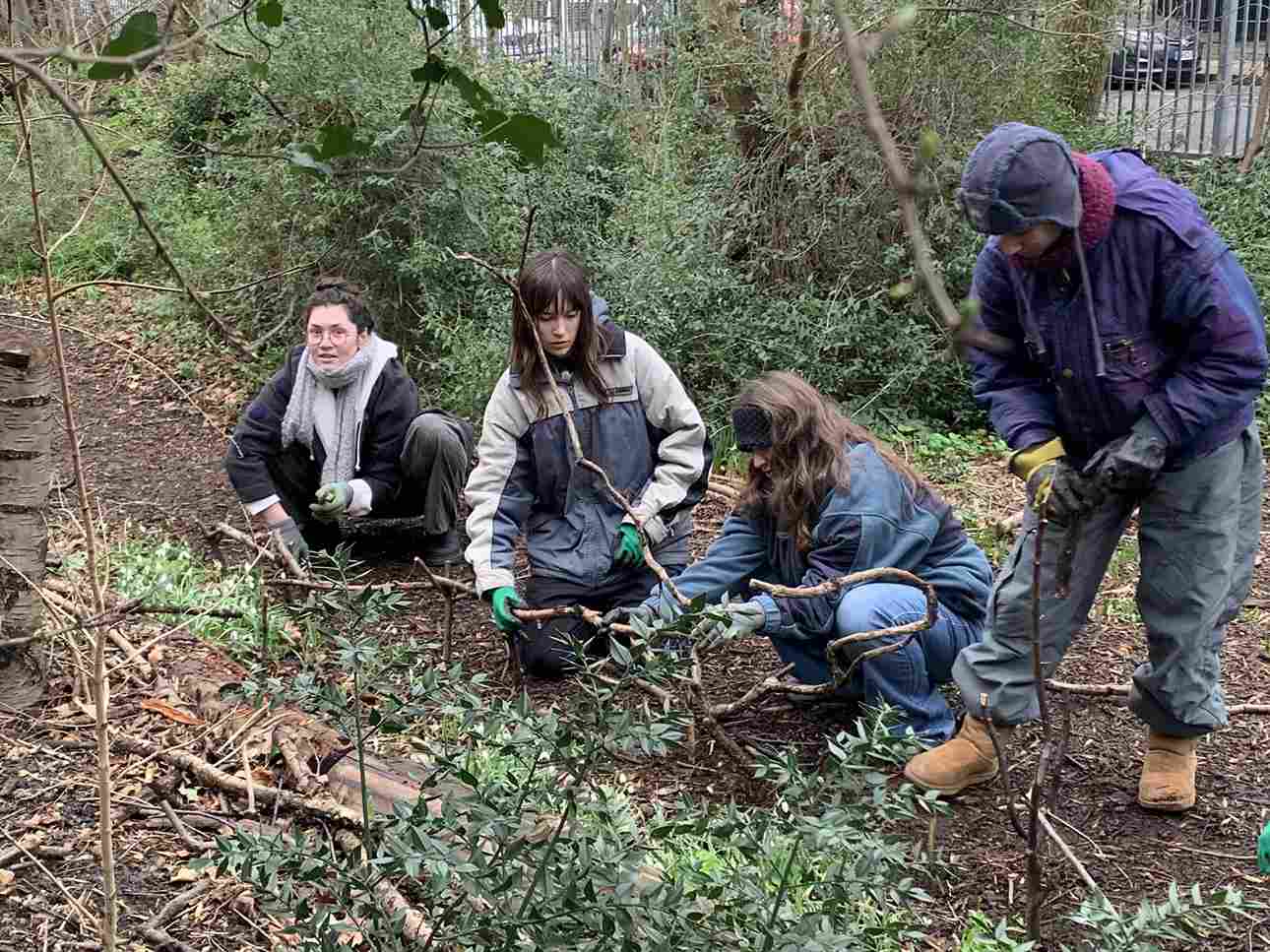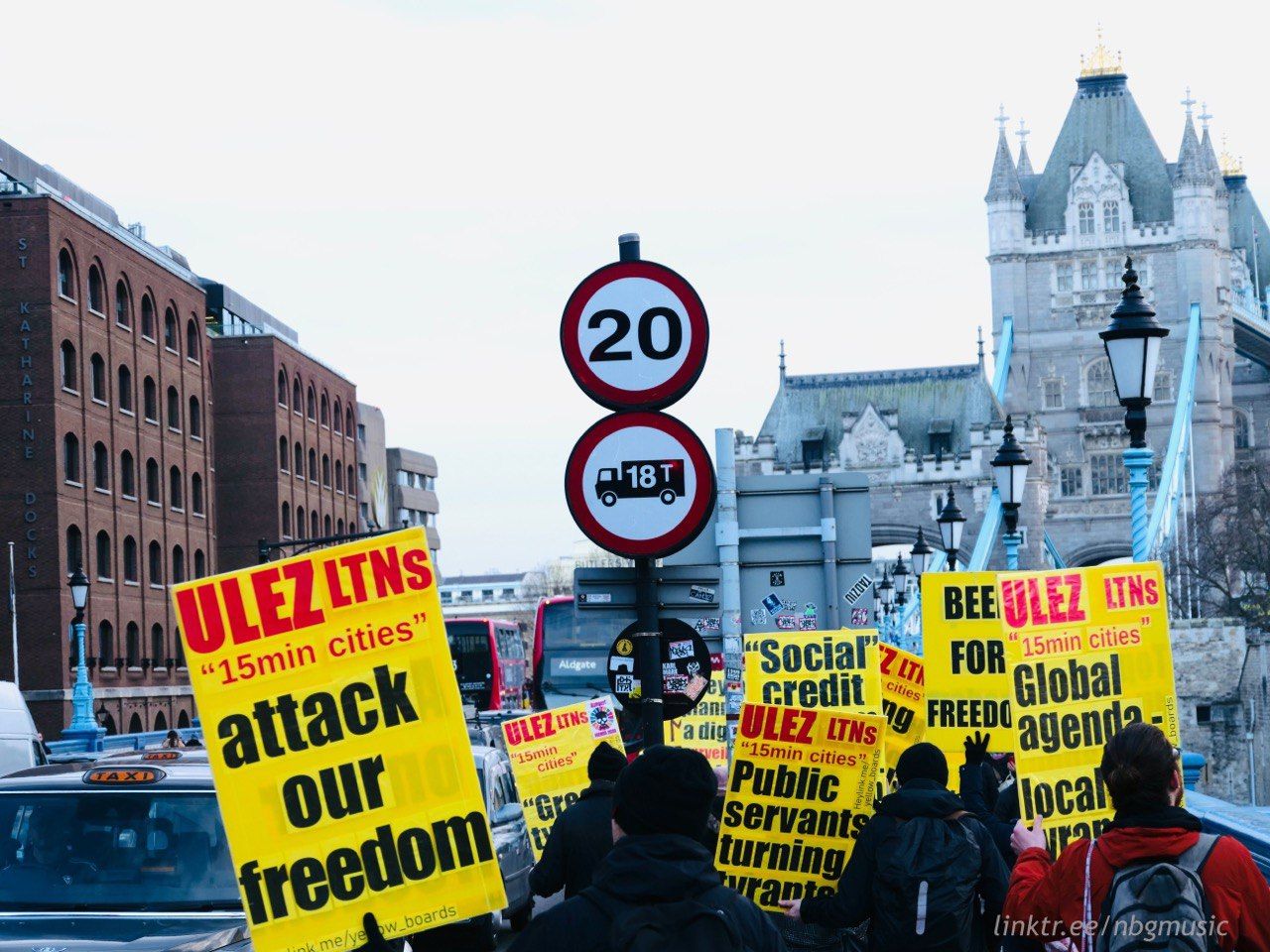
The Prevalence of Social Class and Social Stratification

Summary
The aim of this project is also to provide insight into the ongoing debate about the prevalence of social class, while exploring the role of social and cultural capital in social stratification. The project seeks to investigate how these forms of capital influence social mobility and individuals self-perception. It will examine mindsets, particularly those fostered by disadvantaged backgrounds, and their role in either perpetuating or overcoming class divides. Additionally I will be using poetry as a probe into these lived experiences.
Approach and Methodology
I plan to conduct semi-structured interviews and follow with a thematic analysis. I will employ the creative practice of poetry to provide insight into subconscious feelings using metaphor and imagery. I have frequently used poetry throughout my project, particularly in my 2c, as I believe it is a medium that can profoundly impact participants and offer them insight into their emotions.
Following this, I will analyse secondary data to identify any potential links between culture, social capital, income, and life satisfaction.
Proposal/Outcome
People from working-class families earn several thousands of pounds a year less on average for doing the same jobs as their more privileged peers (Friedman and Laurison, 2019). My study aims to understand why this is, and how this can be rectified so that true social mobility can be achieved. I want to shed light on the effects of class and reveal that our society is not meritocratic. While education and university are often considered equalisers, individuals from disadvantaged backgrounds frequently do not have access to the same opportunities as their middle-class counterparts. This inequality can result in alienation, particularly at university. More attention should be given to acknowledging this privilege and understanding the subtle impacts that class disparities still have today.
Beyond Outcomes
I'm proud of myself for engaging in conversations that I've wanted to have for a while. Interviewing participants, understanding their experiences, and seeing myself reflected in them has been very rewarding. I've learned so much and I'm glad to be able to showcase the creative work of the people I've been speaking to.
Want to learn more about this project?




Overall LIS Journey
Prior to LIS, I studied Biochemistry at the University of East Anglia. I dropped out, not because I didn't enjoy it, but because I loved it so much I wanted to study pure chemistry. However, after being on the Biochemistry course for three months, I was told I had to take a year out and re-enroll. In this time waiting for my new course to start, I found LIS. I didn't think it would work for me or that it was real.
In fact, the day of my interview, I called to cancel it and by a stroke of luck, they didn't answer the phone! 2 minutes later, they called me back and by another stroke of luck, I happened to be out of my room. If I hadn't been, I would have cancelled my interview and been in a completely different place in life.
I don't know exactly where I will be after LIS. I know I developed a strong passion for writing, deepened my love for poetry, and developed strategy and problem-solving skills. I have learned how to think critically and I have learned so much about what I value. I've interned with innocent drinks and I'm now working as a designer and researcher for the University of Stratchclyde. All of this experience has come about because of LIS and I am excited for all that will come after.
About me

I am a graduate of the London Interdisciplinary School, I enjoy researching creative solutions to complicated problems and using tools of innovation. I am captivated by the profound power of personal narratives, and I use a fusion of creative research, poetic expression, and design ingenuity to find new ways to share the lived realities of people. Whether that be running a poetry workshop for children to better understand the forms of oppression they face, or working within sustainability teams to tackle how plastic pollution affects people and planet - I am always interested in complexities and how we can better understand moving systems.
.svg)
Other Related Projects
Back to the repository


- A Pilot Based on Heathrow's Sustainability Goals







